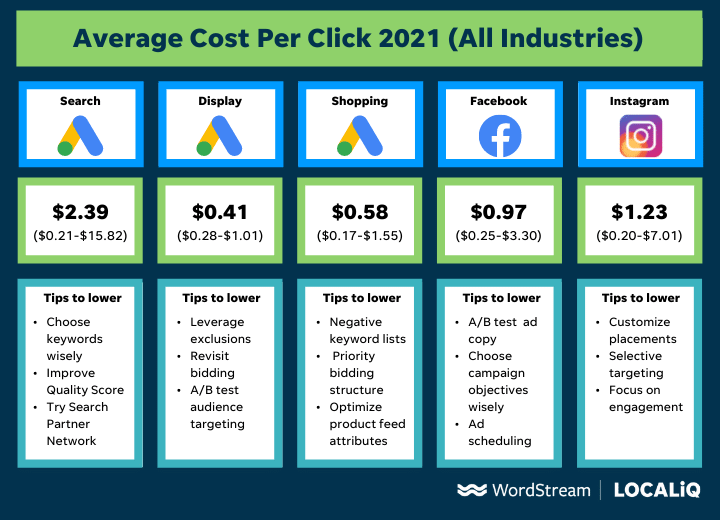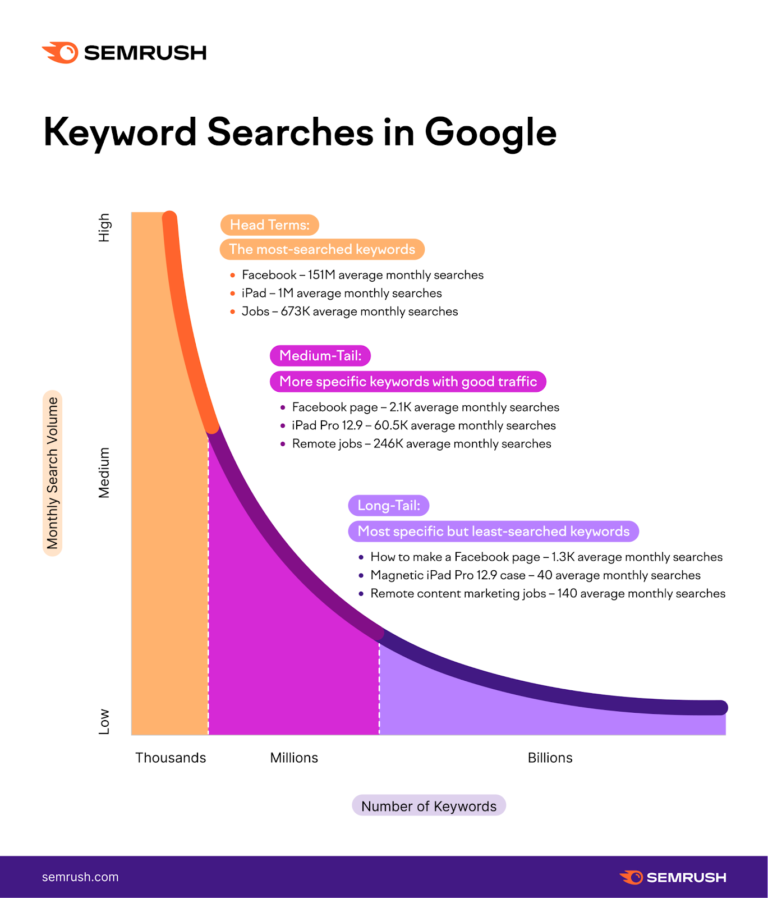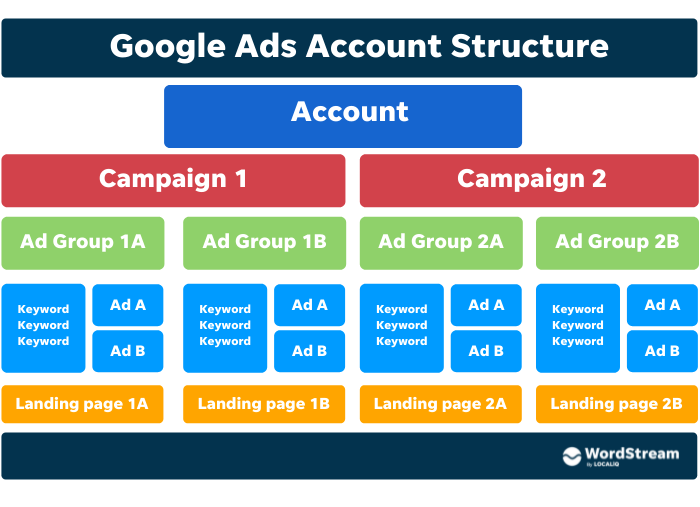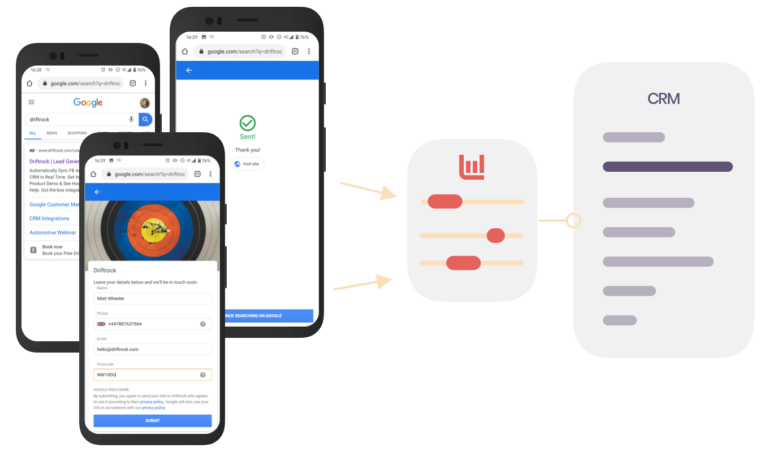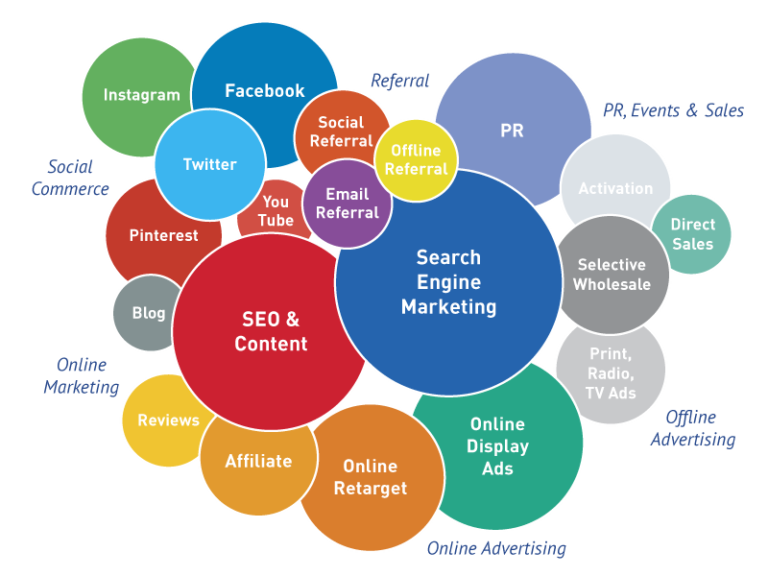For a Google Ads campaign, budgeting should be based on your advertising goals and competition. It’s important to determine your budget by gauging the cost-per-click (CPC) and the number of clicks you aim to receive.
Determining Your Google Ads Budget
Determining your Google Ads budget is a crucial step in running a successful online advertising campaign. Without a clear budget in place, it can be difficult to allocate resources effectively and maximize the return on your investment. In this section, we will explore the key factors involved in calculating your Google Ads budget, including setting clear campaign goals, understanding the Google Ads auction system, and calculating your maximum cost per click (CPC).
Setting Clear Campaign Goals
Before diving into your Google Ads budget, it’s important to establish clear campaign goals. What do you want to achieve with your advertising? Are you looking to drive more website traffic, increase online sales, generate leads, or raise brand awareness? By defining your goals, you can align your budget with the desired outcomes. Additionally, setting clear campaign goals will enable you to measure the success of your Google Ads campaign and make necessary adjustments along the way.
Understanding The Google Ads Auction System
To determine your Google Ads budget, it is essential to understand how the Google Ads auction system works. With Google Ads, your ads compete with other advertisers’ ads in real-time auctions. The position of your ad in the search results depends on several factors, including bid amount, quality score, and ad relevance. Higher bids increase the likelihood of your ad appearing in a prominent position, but they also require a bigger budget. Understanding the auction system will help you make informed decisions when setting your budget and bidding strategy.
Calculating Your Maximum Cost Per Click (cpc)
Your maximum cost per click (CPC) is the highest amount you are willing to pay for each click on your Google Ads. To determine your CPC, consider your budget, campaign goals, and the competitiveness of your target keywords. It’s important to strike a balance between bidding high enough to compete effectively and ensuring your ads remain cost-effective. Calculate your CPC by dividing your budget by the estimated number of clicks you expect to receive. Keep in mind that CPCs can vary based on keyword competition and other factors, so it’s essential to monitor and adjust your bids regularly.
Credit: support.google.com
Factors Affecting Google Ads Budget
When it comes to running a successful Google Ads campaign, determining the right budget is crucial. Several factors influence the amount you should allocate to your campaign. By considering these factors, you can optimize your budget for maximum ROI. Let’s take a closer look at some of the key factors that affect your Google Ads budget:
Industry Competition And Keyword Demand
In the highly competitive online landscape, industries vary greatly in terms of their competition and keyword demand. Some industries have a high number of advertisers vying for similar keywords, driving up the cost per click (CPC). On the other hand, industries with lower competition may have lower CPCs.
In your industry:
- Research the average CPC for your targeted keywords using Google Keyword Planner or other keyword research tools.
- If your industry has intense competition, you might have to allocate a higher budget to stand out.
- Consider long-tail keywords, which often have lower competition and can be more cost-effective.
Target Audience Size And Location
The size of your target audience and their geographical location can greatly impact your Google Ads budget. Depending on your business goals and target market, you may want to focus your advertising efforts on a specific region, city, or even a radius around your physical location.
Determine:
- The size of your target audience using market research and analytics tools.
- Whether your target audience is local or global, and plan your budget accordingly.
- If you’re targeting multiple locations, consider segmenting your budget based on specific geographic areas.
Ad Position And Quality Score
Your desired ad position and quality score are key factors to consider when budgeting for your Google Ads campaign. Ad position is the position your ad appears on the search engine results page (SERP), and a higher position often leads to better visibility and click-through rates.
Optimize:
- Set a realistic target ad position based on your campaign goals and budget constraints.
- Improve your quality score by creating relevant and compelling ad copy, utilizing relevant keywords, and optimizing your landing pages.
- Higher quality scores can lead to lower CPCs, allowing you to achieve better results with the same budget.
Optimizing Your Google Ads Budget
Optimizing your Google Ads budget is crucial for maximizing the ROI of your advertising campaign. When it comes to managing your campaign budget, there are several key factors to consider. In this article, we will explore three essential aspects of budget optimization: keyword research and selection, ad group and campaign structure, and continuous monitoring and A/B testing. By focusing on these areas, you can ensure that your Google Ads campaign is running efficiently and effectively, driving valuable results for your business.
Keyword Research And Selection
One of the first steps in optimizing your Google Ads budget is conducting thorough keyword research and selecting the most relevant keywords for your campaign. Keyword selection plays a critical role in determining the success of your ads. Effective keyword research involves identifying the words and phrases potential customers are likely to search for when looking for products or services like yours.
Using tools like the Google Keyword Planner, you can find keywords that have high search volume and low competition. Look for long-tail keywords, which are more specific phrases that often have lower competition but higher intent. Long-tail keywords can be a valuable strategy for driving targeted traffic to your website.
Ad Group And Campaign Structure
The structure of your ad groups and campaigns is another important factor in optimizing your budget. A well-organized and streamlined structure helps you allocate your budget effectively and ensure that your ads are reaching the right audience. When setting up your campaigns, consider creating ad groups based on different product categories, services, or target demographics.
By grouping similar keywords and ads together, you can create more relevant and targeted campaigns. This allows you to adjust your bids and budgets accordingly, maximizing the performance of each ad group. Additionally, a structured campaign layout makes it easier to analyze and optimize your campaigns over time, making the most out of your budget.
Continuous Monitoring And A/b Testing
Once your Google Ads campaign is up and running, your job is far from over. Continuous monitoring and A/B testing are crucial for optimizing your budget and ensuring that your ads are performing at their best. Regularly tracking your campaign’s performance metrics like click-through rates (CTRs), conversion rates, and cost per conversion is essential to identify areas of improvement.
A/B testing involves running experiments with two or more versions of your ads to determine which performs better. By testing different ad copies, landing pages, or even targeting options, you can refine your ads to drive higher click-through rates and conversions. Continuously monitoring and optimizing your campaign based on performance data helps you make data-driven decisions and extract maximum value from your budget.
By focusing on these three key areas – keyword research and selection, ad group and campaign structure, and continuous monitoring and A/B testing – you can optimize your Google Ads budget effectively. Remember to regularly analyze your campaign’s performance and make necessary adjustments to ensure that your advertising efforts are driving positive results for your business.

Credit: cheq.ai
Credit: support.google.com
Frequently Asked Questions Of How Much Should I Budget For My Google Ads Campaign?
How Do I Calculate My Ideal Budget For Google Ads?
To calculate your ideal budget for Google Ads, consider your marketing goals, target audience, and industry competition. Start by determining your desired cost per conversion and multiply it by your target number of conversions. Monitor your campaign’s performance and adjust the budget accordingly to achieve optimal results.
What Is A Good Budget For An Ad Campaign?
A good budget for an ad campaign depends on various factors like target audience, campaign objectives, and industry competition. It’s important to allocate enough funds to reach your desired audience effectively. Consider factors such as cost per click or impression, desired reach, and expected ROI when determining your budget.
How Much Is $10 Google Ads Budget?
A $10 Google Ads budget allows you to run ads for a certain time period. The duration depends on your bidding and the cost per click of your chosen keywords. It’s important to optimize your campaign to maximize visibility and generate conversions within this budget.
Is Google Ads Worth It With A Small Budget?
Yes, Google Ads can be worth it with a small budget. It allows you to target specific audiences and only pay for clicks. With careful optimization, you can achieve good ROI even with limited funds.
Conclusion
Setting the right budget for a successful Google Ads campaign can be a daunting task. By carefully analyzing your goals, competition, and target audience, you can determine the appropriate amount to allocate. Remember to continuously monitor and optimize your campaign to maximize results.
Whether you’re a small business or a large corporation, with thoughtful planning and strategic budgeting, you can achieve your advertising objectives effectively. So don’t hesitate to invest wisely and propel your business to new heights.

